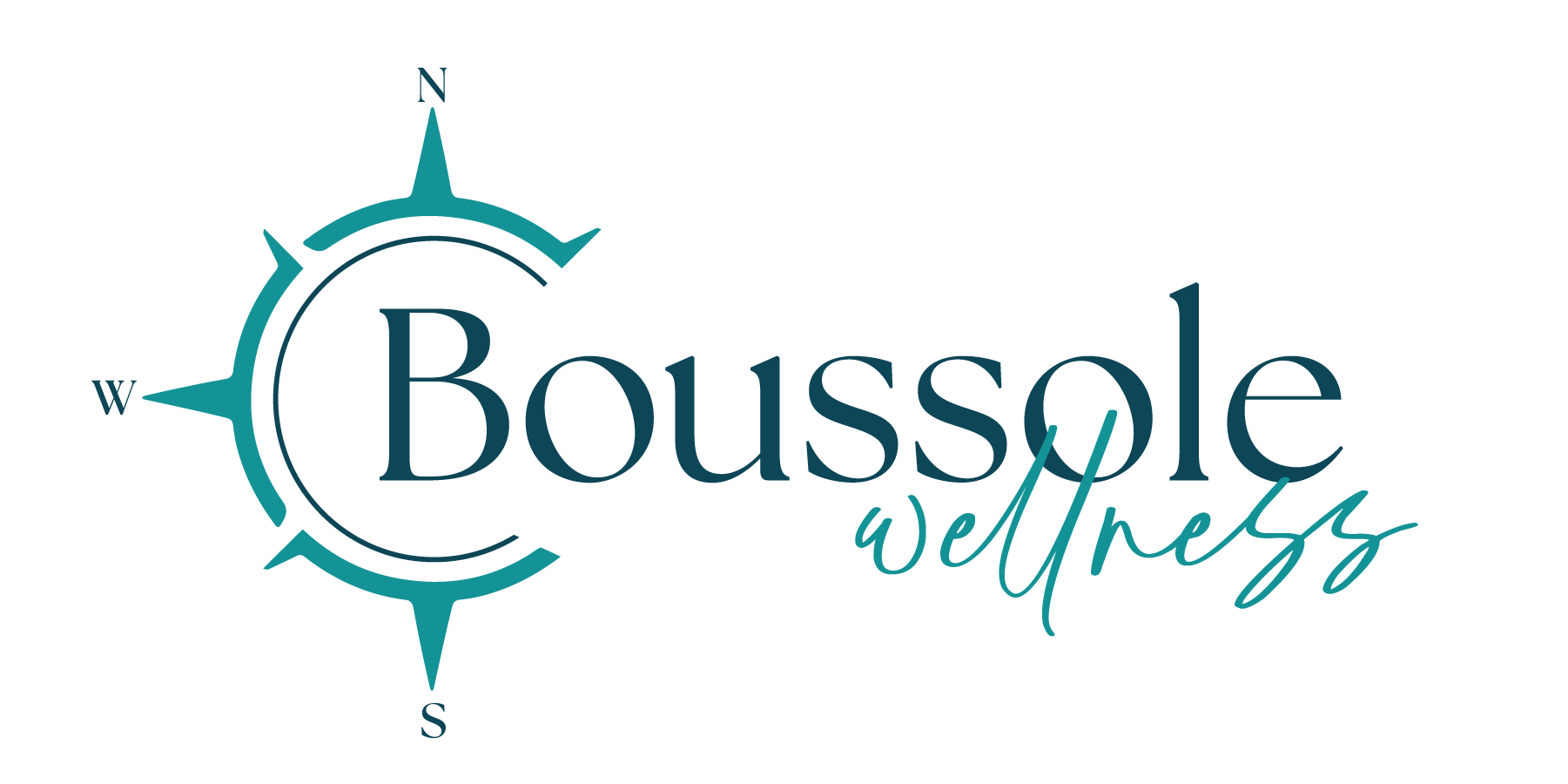Welcome to the Creativa blog, where we help wellness coaches like you get seen on Google, turn those visitors into clients, & understand the metrics behind your business!
The Benefits of Meditation & How it Helped Me
Our blog contains articles and info to help with all of these things. We'll be releasing a wide range of topics over the coming months, including SEO (search engine optimization), increasing website conversion rate, analytics, copy editing & more.
My Conversion to Meditation
I am a reluctant meditation convert. A possible fifth date with a potential love interest never came to fruition as our fourth date was a meditation class… we had to sit on the floor and breathe silently for one hour. Someone was guiding the meditation, but I couldn’t quiet my mind and I spent most of the 60 minute long class willing for it to be over. That was over five years ago. Two summers ago I had a coach who challenged me to meditate as she thought it would help me recover from burnout. I scoffed at the idea, but the challenge worked with my inner competitor, so I meditated daily for 10 minutes for the month of July. I discovered the real challenge was making the time a priority, and while I no longer hated it, I didn’t make it a part of my routine. In January I completed a yoga challenge and loved it, so I decided to challenge myself to meditate every day in February for 10 minutes. I completed the challenge and I have mostly managed to add it to my regular routine. I have to challenge myself to make those 10 minutes a priority some days as it’s easy to get caught up in the chaos of everyday life, but I notice a difference on the days I don’t do it, so it is becoming easier to find the time.
Benefits of Meditation
Why meditate? Meditation is a simple, inexpensive practice that doesn’t require any equipment and can be done anywhere (although finding a place where you won’t be interrupted can sometimes be tricky…). The Mayo Clinic says it’s a simple, fast way to reduce stress, and if you’re feeling anxious, tense, or worried, it can help restore your calm and inner peace.
Meditation can help you:
• gain a new perspective
• build skills to manage stress
• increase self-awareness
• focus on the present
• reduce negative emotions
• increase imagination and creativity
• increase patience and tolerance
• lower resting heart rate
• lower resting blood pressure
• improve sleep quality
Meditation may also help manage symptoms of some common conditions, including:
• anxiety
• asthma
• cancer
• chronic pain
• depression
• heart disease
• high blood pressure
• irritable bowel syndrome
• sleep problems
•tension headaches
The Mayo Clinic stresses that meditation is not a replacement for traditional medical treatment, but rather something you can add to your treatment plan as it may help manage your symptoms better.
Explore Different Ways to Meditate to Find the Best Way for You
The best way to meditate is to explore a variety of ways until you find the one that works best for you. For example, you may want to try guided meditation, mantra meditation, or mindfulness meditation. If you would prefer to move more while practicing meditation, there is qi gong, tai chi, or yoga. Until you find one you like, explore different methods and see what fits your lifestyle and personality best.
My preferred way is to use the Insight Timer app (I have the free version), set the Timer for 10 minutes, use the interval bell at the halfway mark, and use ocean waves as the ambient sound. I find a quiet place (and if others are home, I let them know not to interrupt for the next 10 minutes), sit comfortably, and breathe in to a count of 4, then out to a count of 4. If thoughts keep coming (totally normal!), I return my focus to counting my inhalations and exhalations.
How Meditation Helps Me
Meditation has had a profound impact on my mental and emotional wellbeing, and I am a calmer, less anxious individual because of it. On days when I miss my practice (especially if there are a few in a row), I miss it and know I need to prioritize my time. It helps me increase my self-awareness, reduce my negative emotions, increase my patience and tolerance, and increase my imagination and creativity.If you would like to learn more about how meditation can positively impact your life, connect with me and I will share some more resources with you!
Connect
© Copyright 2026 Boussole Wellness Coaching | Helping women find more balance and feel more fulfilled!
Photography by Christina Louise Branding
